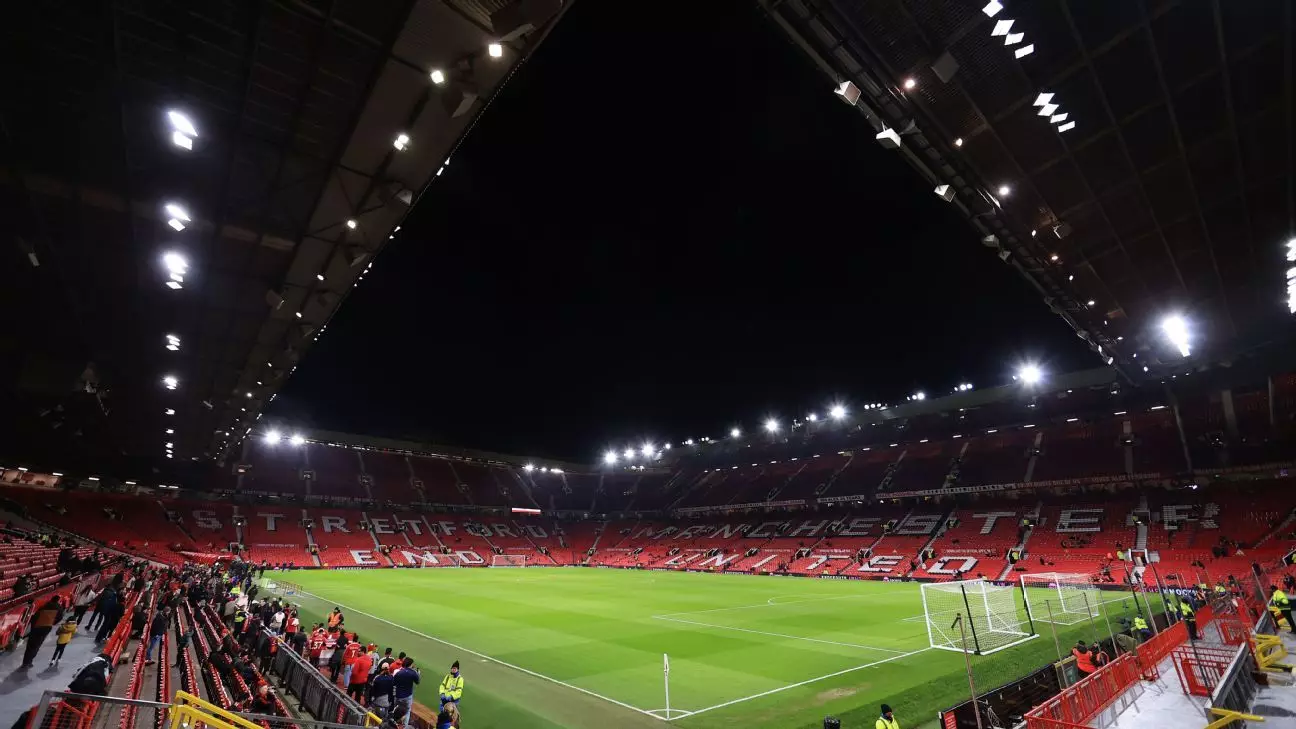Manchester United is poised to make a significant decision regarding the future of its iconic home, Old Trafford, by the summer. After much speculation, the club’s management has revealed that a conclusion about either redeveloping the venerable stadium or constructing a brand-new arena with a seating capacity of 100,000 will be announced before the season wraps up. Initially, fans and stakeholders anticipated a decision by the end of 2024, but the urgency seems to have accelerated, reflecting the club’s commitment to addressing longstanding infrastructural challenges.
Upon completion of its Old Trafford Regeneration Task Force’s feasibility studies, the club indicated that the existing stadium could only be expanded to accommodate 87,000 spectators. In contrast, building a new stadium could vastly enhance this figure, pushing capacity toward the 100,000 mark. This stark difference between the two options says a lot about the club’s ambitions. A larger stadium not only caters to more fans but also potentially leads to increased revenue from matchday experiences, merchandise, and sponsorships. However, the decision now hinges not just on capacity but on how these changes could positively impact the surrounding community and the club’s long-term legacy.
The transformation of either Old Trafford or the surrounding area is poised to spark substantial economic activity. According to early analysis released by the club, a decision to redevelop or build anew could yield an impressive £7.3 billion in added value to the UK economy, translating into more than 90,000 job opportunities. This economic boon cannot be understated, as it underscores Manchester United’s role as a pivotal entity in the region, not merely through football but as a catalyst for broader urban regeneration.
Significantly, the club has also emphasized that fan sentiment plays a critical role in this decision-making process. The assertion that 52% of surveyed supporters favored a new stadium speaks volumes about the evolving expectations of the club’s loyal followers. Fans are not just concerned with matchday experiences; they are increasingly looking at how their beloved team positions itself in the global football landscape. A state-of-the-art stadium could enhance the overall experience, forming a crucial part of a successful and modern club identity.
As the summer deadline looms, Manchester United’s decision will resonate far beyond the bricks and mortar of its stadium. It will reflect the club’s vision for the future, balancing massive economic potential with community responsibility, all while honoring its rich history. With either the redevelopment of a storied venue or the inception of a groundbreaking facility, the choice will be not just about structure but about cementing a legacy that marries tradition with progress. Fans and analysts alike will be watching closely, as this announcement will mark a defining moment in the club’s journey.

